
American Rescue Plan Act (ARPA) & Digital Equity
Ryan Kelly - Digital Services Manager
Josh Eichen - Senior Economic Planner
9/15/21

Presentation Goals

Clarify ARPA guidance regarding use for digital access / broadband

Outline potential vehicles for ARPA spending
American Rescue Plan (ARPA) Funding Breakdown
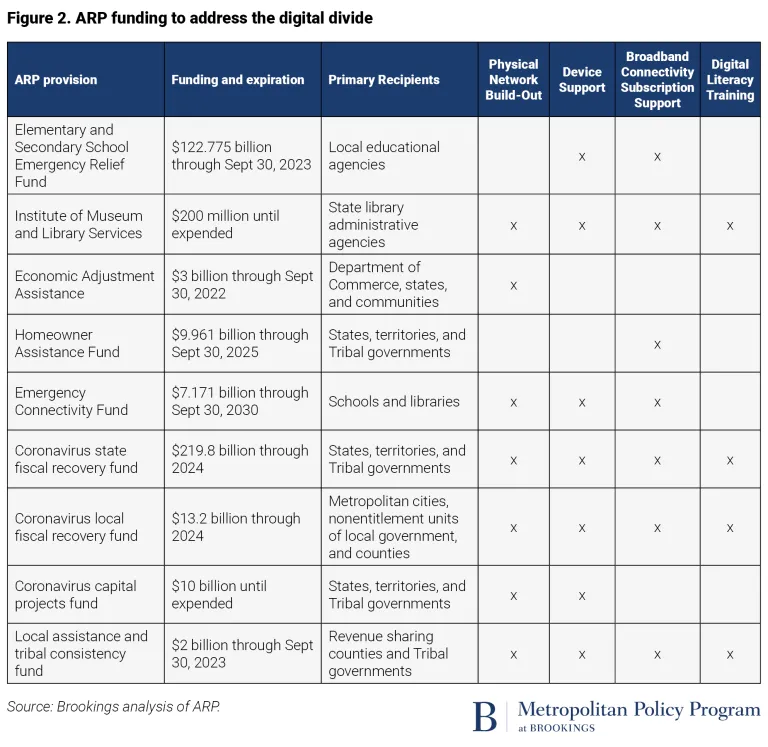
Source: Brookings Institute
https://www.brookings.edu/research/the-american-rescue-plan-is-the-broadband-down-payment-the-country-needs/
Total ARPA Allocations:
Signed into law March 11, 2021

Public Health Emergency
Respond to the public health emergency
Premium Pay
Provide premium pay to employees providing essential work
Revenue Loss
Provide government services to the extent of the reduction in revenue
Infrastructure
Invest in sewer, water, or broadband infrastructure
MA Coronavirus State & Local Fiscal Recovery Funds
Guidance on Allocations
Total MA State
& Local Funds:
State $ 5.3B
Local $ 3.4B (50% received May '21
50% to be delivered May '22)
$ 8.7 billion
Funds have to be obligated by December 31st, 2024 and spent by December 21st, 2026
- Support public health expenditures, by, funding COVID-19 mitigation efforts, medical expenses, and certain public health and safety staff
- Address negative economic impacts caused by the public health emergency, including economic harms to workers, households, small businesses, impacted industries, and the public sector
- Replace lost public sector revenue, using this funding to provide government services to the extent of the reduction in revenue experienced due to the pandemic
- Provide premium pay for essential workers, offering additional support to those who have and will bear the greatest health risks because of their service in critical infrastructure sector
- Invest in water, sewer, and broadband infrastructure, making necessary investments to improve access to clean drinking water, support vital wastewater and stormwater infrastructure, and to expand access to broadband internet
State & Local Allocations:
ARPA Guidance on Allocations
Source: US Treasury Fact Sheet, 5/10/21
https://home.treasury.gov/system/files/136/SLFRP-Fact-Sheet-FINAL1-508A.pdf
Broadband Infrastructure Guidance
US Departmentartment of the Treasury guidance for the Coronavirus State and Local Fiscal Recovery Funds
"Infrastructure investments in areas that lack wireline connection that reliably delivers 25/3 service"
"Prioritize middle mile and last mile connections"
"Prioritize projects that use modern technology delivering 100/100 service"
"Recipients are encouraged to pursue fiber optic investments"
Demonstate COVID Impact
Guidance on "Reliably"
State and Local Allocations
Broadband Infrastructure Guidance
"Treasury’s Interim Final Rule provides that investments in broadband be made in areas that are currently unserved or underserved... lacking a wireline connection that reliably delivers minimum speeds of 25 Mbps download and 3 Mbps upload"
"The use of “reliably” ... provides recipients with significant discretion to assess whether the households and businesses have access to wireline broadband service that can actually and consistently meet the thresholds of at least 25Mbps/3Mbps—i.e., to consider the actual experience of current wireline broadband customers. Whether there is a provider serving the area that claims to offer speeds that meet the 25 Mbps download and 3 Mbps upload speed thresholds is not dispositive"
Digital Literacy
Called out in Federal Guidance
"Recipients may use funds to provide assistance to households facing negative economic impacts due to Covid-19, including digital literacy training and other programs that promote access to the Internet."
"In view of the wide disparities in broadband access, assistance to households to support internet access or digital literacy is an eligible use to respond to the public health and negative economic impacts of the pandemic, as detailed above."
Cyber- Security
Called out in Federal Guidance
"Recipients may also use funds for modernization of cybersecurity, including hardware, software, and protection of critical infrastructure, as part of provision of government services up to the amount of revenue lost due to the public health emergency."
ARPA Summary

Infrastructure investments in areas that are underserved by reliable high speed internet.
Cybersecurity
Offset Tax Reduction
Pensions
Debt Service
Digital literacy and connectivity programs





Stabilization Funds


Other demonstrate disproportionate COVID impact

Guiding Principles for State and Local Government






Potential Principles for Local Government
Remove affordability and adoption barriers that prevent universal access to reliable and high speed internet (100/100).
Augment the capacity of key stakeholders such as IT Departments, School Districts, Libraries, Community based organizations, and municipal staff to address the digital divide
Ensure all residents who desire to improve their technology literacy have a pathway to educational opportunities at a range of skill levels, offered in community appropriate languages and settings.
Promote competition among internet service providers offering broadband service.
Recognize the importance of proactively investing in cybersecurity measures.

Build the nascent capacity of local government and community groups in the area of the digital divide and digital infrastructure.
Catalyze additional investment by municipalities and private sector actors to improve affordability, reliability, and speed of the internet; as well as market competition for broadband service.
Potential Principles for State Government
Augment ARPA funds made available to municipalities for those municipalities who have been hit hardest by COVID (health and unemployment) and likely have competing needs for funds in other areas that may outweigh digital divide issues.
Who's Job is it to Solve the Digital Divide?

Planners
Libraries
School Districts
IT Directors
Housing Authorities
Healthcare Providers
Workforce Boards
Community Based Organizations
Elected Officials
Private Sector
The State???

Future Investments
Federal Infrastructure Bill

Federal Broadband Bill
State IT Bond Bill
Various Federal Grants under NTIA
EDA
Diagnosing the Problem
Draft Research Findings from Chelsea, Everett, and Revere Digital Access Planning Process

Connection
~19% of
Chelsea, Everett, and Revere households lack internet service.
~40%
of survey respondents do not believe their internet service is affordable.
72%
of survey respondents have had to cancel or change their internet subscription because it is too expensive

Is it Affordable?
Sources: US Census ACS 5 Year, 2019.
MAPC Community Digital Needs Assessment 2021
"Necesitamos que el costo del internet sea mas justo
-
We need the cost of the internet to be fairer"
Device Access
How accessible are devices?
12%
of Chelsea & Revere households have no computing device at all
23%
of survey respondents disagree with "People in my household always have access to a computer if needed."
About 60%
of Chelsea, Everett and Revere households with internet lease a router from their service provider

Are routers adequate?

Device Source, Computers: US Census ACS 5 Year, 2019. Device Source, Routers: MAPC Survey - 6/29/21
"Our internet speed greatly improved after we bought our own router; the routers provided by our provider don't seem to be very good"
Literacy in Chelsea & Revere
Using Technology
~75%
of survey respondents agree with "I feel confident in my ability to use a computer/laptop/Chromebook
~50%
of survey respondents agree with "I feel confident that I am able to resolve issues related to my internet connection"

Ensuring Functioning Equipment

Evaluating Information and Privacy Risks
Anecdotal information gleaned from stakeholder conversations indicates that there are serious concerns related to privacy, particularly among the immigrant population
Source: MAPC Survey - 5/26/21
Internet Subsidies
Thousands of families in Massachusetts are eligible for Internet Essentials and the Emergency Broadband benefit fund
Comcast Internet Essentials Plan offers basic internet service for $10 / Month to income eligible households (SNAP, Free or Reduced Lunch, etc)
Only 60,000
households have taken advantage of EBB since May 16 2021
Source: Universal Services Administrative Co, National Center for Education Statistics, MAPC Digital Access Survey 6/29/2021
"سمعت بأن شركة كومكاست توفر انترنت مجاني لأصحاب الدخل المحدود .هل هذا صحيح؟
-
I heard that internet service companies provide free internet to people with limited income. Is this true?"
Legacy of Cable
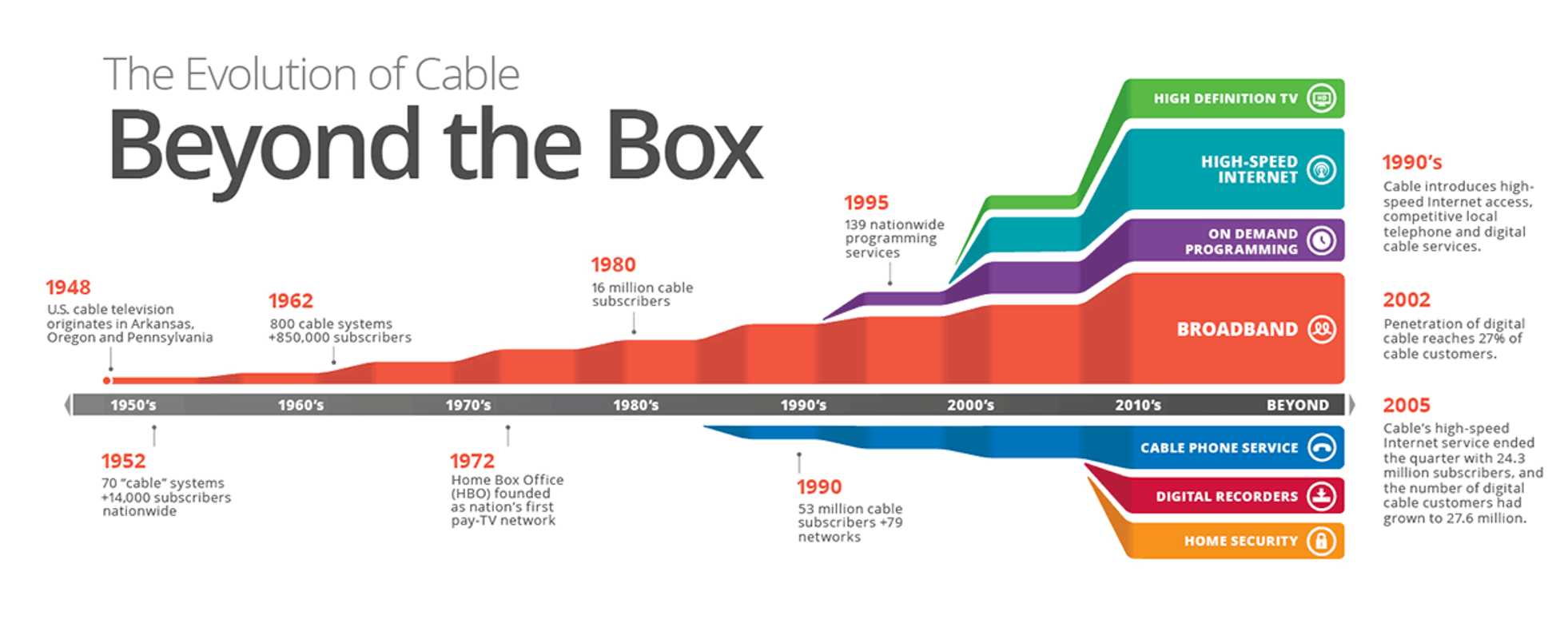
Image Source: https://calcable.org/learn/history-of-cable/
Why is it this way?
The cable infrastructure at the household level is likely impacting service and reliability.
A lack of competition, shrinking cable service revenues, and a lower income service area are likely disincentives for investment from the private sector.
At the household level, individuals are likely using outdated or ineffective routers and devices.
Internet subscribers may not have the confidence or technical skills to trouble shoot internet speed or function issues.
Larger households who may need faster speed packages may be cost burdened and unable to afford those plans.
Individuals who are eligible for subsidized services may not be taking advantage of them due to a lack of information, trust, stable housing, documentation, or other structural and social factors.
Potential ARPA Funded Uses
This Will Be a Quick
Run Through
Of Some Potential Options
Slides will be made available


An Adequate Device
Literacy
Connection


Three Determining Factors of Digital Access
Starting Practices
- Quantify the issue and understand the needs
- Coordinate stakeholders
- Guide decision making
- Better understanding current public assets that could be leveraged (fiber, rooftops infrastructure, etc.)
Plans w/ MAPC underway in Everett, Revere & Chelsea

Boston Announcement of Digital Access Plan


Develop a Digital Equity and Access Plan

Examples
Examples
Connect Residents w/ Subsidy Programs
- Take advantage of current programs like the federal Emergency Broadband Benefit Program
- Connect and support residents through adoption of subsidy programs. Comcast has Internet Essentials. Starry has Connect and Netblazer offers discounted internet as well


"سمعت بأن شركة كومكاست توفر انترنت مجاني لأصحاب الدخل المحدود .هل هذا صحيح؟
-
I heard that Comcast company provides free internet to people with limited income. Is this true?"




- Develop funding pool to invest in community initiatives
- Purchase PC's, Routers, and Bulk Internet Subscriptions
- Add capacity to organizations connect to the community needs
Establish a Digital Equity Trust Fund
Examples
Library / School Device Lending Programs

Examples
Support Existing Programs
Support School and Library Programs
- "Pave the Cow Paths" connect those reliant on slow MiFi with more permanent affordable alternatives
- DESE tested devices to extend MiFi connections. Potential is there to support hard to reach area/ households.
- Connect families reliant on school laptops/Chromebook with devices after the school year ends
Signal booster pilot DESE



Examples

Examples
Computer / Device Repurposing
- Support computer purchasing or refurbishment programs
- Build and Keep your own PC Youth training programs
- Cooperate partnerships and device donation programs
Retrofit Programs
- Repurposed Phone lines & Cable TV wiring in households can be a limiting factor in internet speed and reliability.
- Private ISP often make agreements with developer to wire and in return get exclusive agreements to serve, limiting competition.
- Investments into building Fiber, Ethernet, Fixed Wireless options of multiunit buildings could have a impact.
Building Wiring Retrofits

Digital Workforce Oppotunties

- Individuals who address the whole digital inclusion process — home connectivity, devices, and digital skills
- Navigators can be cross-trained staff who already work in social service agencies, libraries, health, and more who offer remote and socially distant in-person guidance. Can help support the critical issue of adoption as well as access.
Digital Navigators
Examples
NDIA w/ Salt Lake City Library
Providence w/ Digital Promise
Connecticut State Library
Examples
Southern Connected Communities
New York Digital Stewards
Digital Stewards
- Different from Navigators, Digital Stewards are community members who receive advanced training in internet network technology.
- They are able to support community-focused WiFi programs that support free and open internet networks.
MAPC RFI List of Interested Organizations



Open WiFi

- Connect qualified individuals with free or affordable internet
- Utilize commercial or municipal internet networks to access high-speed wireless signals via a rooftop receiver.
- Make wifi access default. Leverage common spaces and broadcast on an open access router system for in-unit access.
Affordable Housing Open Networks
Examples
Examples
Community Mesh Networks
- A distributed system of routers and devices that work in concert to provide internet access to users within a given geography, owned and managed by the community.
- Explore revenue-generating equipment like Soofa Signs and Helium Routers




ESH in Oakland
ESH w/ NPower Baltimore
Olneyville Providence w/ One Neighborhood Builders
The People's Network Helium Routers
MBI Gateway City WiFi program

Public Infrastructure Upgrades
Examples
Examples
Expand Municipal Fiber Infrastructure
- Expanding municipal fiber, or conduit (tube Fiber runs in) can serve to open new options for public and commercial connectivity.


MA Community Compact IT Grants have funded prior investments.
New Dedicated Municipal Fiber Grant
- Can connect municipal resources across communities and enable sharing of expensive IT infrastructure.
- Can connect municipal resources across communities and enable sharing of expensive IT infrastructure.
Coordinate with Municipal Capital Plans
- Example of old sewer lines being repurposed to run Fiber lines
- Leveraging technology to support coordination of street openings.
- Establishing "Dig Once" polices that notify and promote competition and investment when opening a street.
Permitting and pole management

Increased Competition & Options
Examples
Examples
Partnerships with ISPs
- Partnering with Public or Private Equity to bringing fiber closer to the end-user by pulling it into buildings
- Leverage cable franchise agreement to make a map of current internet
- RFP for use of assets like rooftops
- Qualifying residents based on need, removing the administrative burden from resident and companies.


Establish "Open Access" Networks
- Alterative to the current privately owned networks and an alterative to establishing a municipally run ISP
- Promote competition by public owning the fiber like they do the roads and managing many ISP options for residents.
- Expands municipal fiber infrastructure, but does not require the municipality become the service provider.
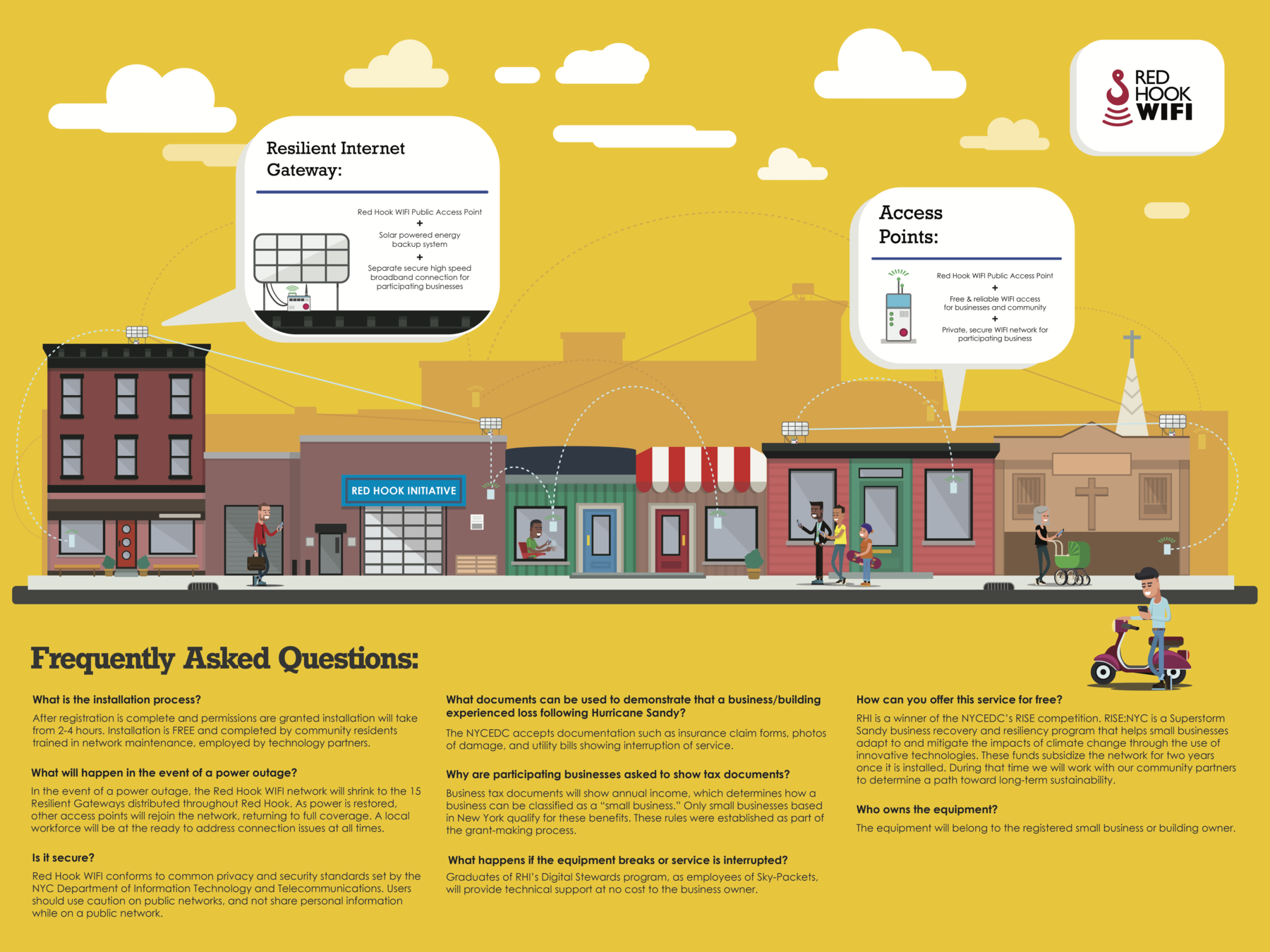
Community Networks
Digital
Resources
Staff
Programming
Network
People
Social Networks
Community Groups
Fiber routes
Equipment
Design, installation and maintenance
Buildings
Towers
Poles
Rooms
Community Networks Assets

Physical

Organizational

Social

Fiber Laterals installed to two ONB properties
Public WIFI network
~1000 homes within service area
1200 unique users May-July 2021
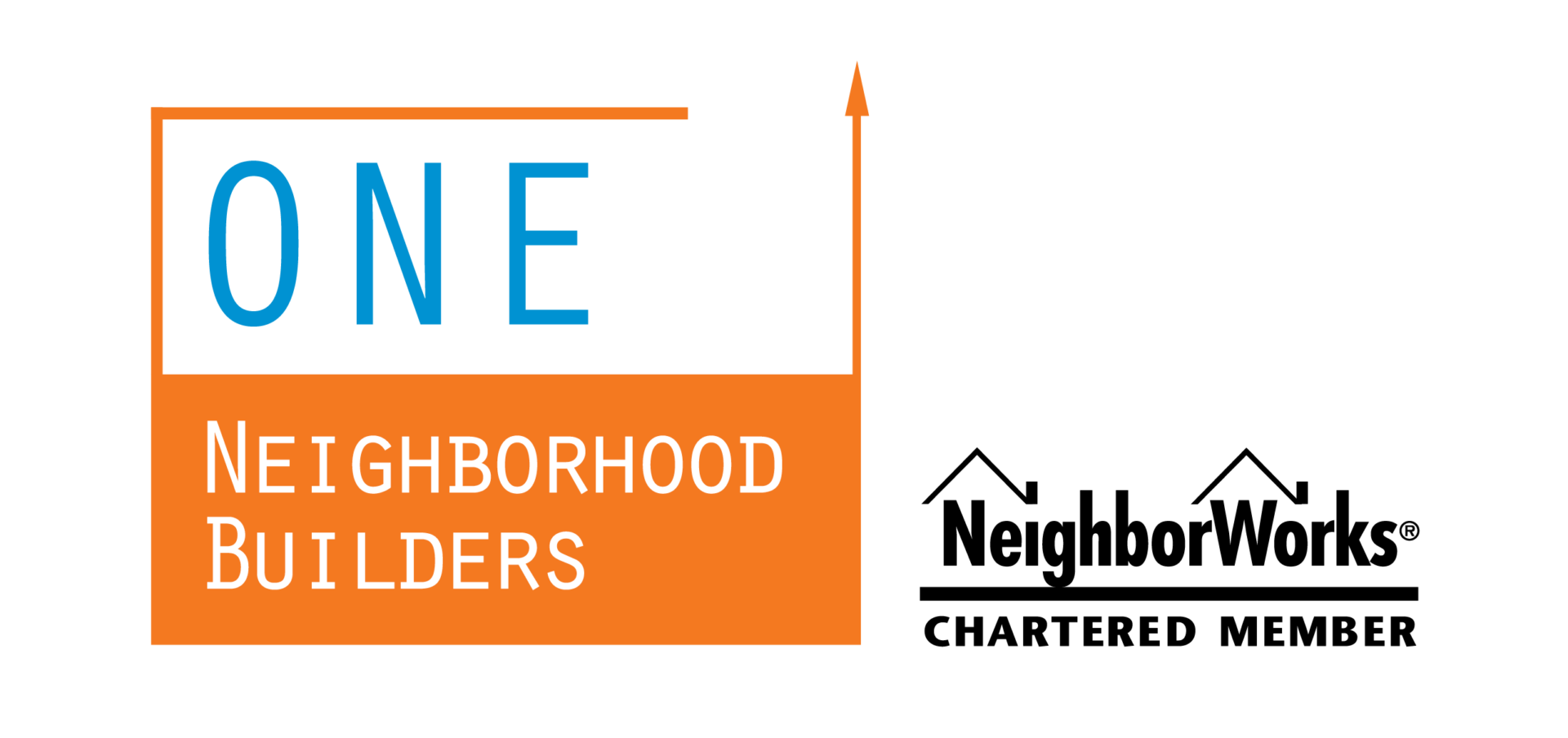


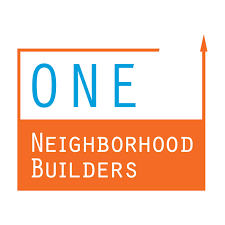
Olneyville, Providence RI



Network design, installation, maintenance

2 Hubs
12 Public Access Points
All OneNB buildings
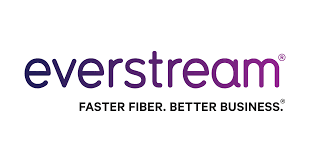
Grace in Action
North End Woodward Community Coalition
BLVD Harambee
Tier 2 Broadband Provider
(business/enterprise ISP)
Community Hubs/
Network Access Points
Digital Stewards:
Community residents trained in network installation
Multifamily homes, seniors, students
50 homes in each neighborhood during Year 1








Detroit, MI
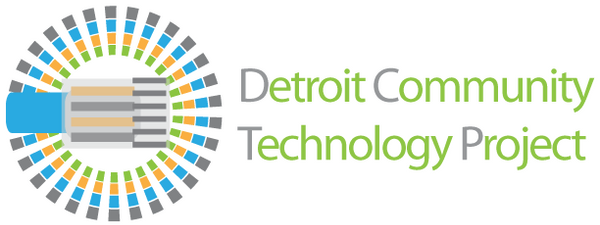




RHI Digital Steward Program
-
Technology Career Training
-
Install, maintain, promote network
-
Support network users
-
Ownership of network
-
Internships with project partners
Community member
-
Online access
-
User support via Digital Stewards
-
Local information and resources
-
Ownership of network
Community and Youth Development
-
Program support and funding
-
Increased communication with constituents
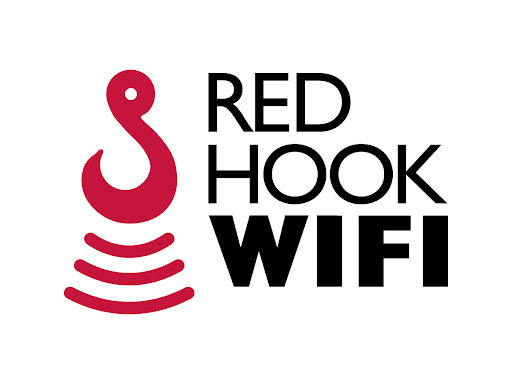
ISP partner
-
Lead technical aspects, including installation, maintenance, and troubleshooting
-
Digital Steward internship hosts

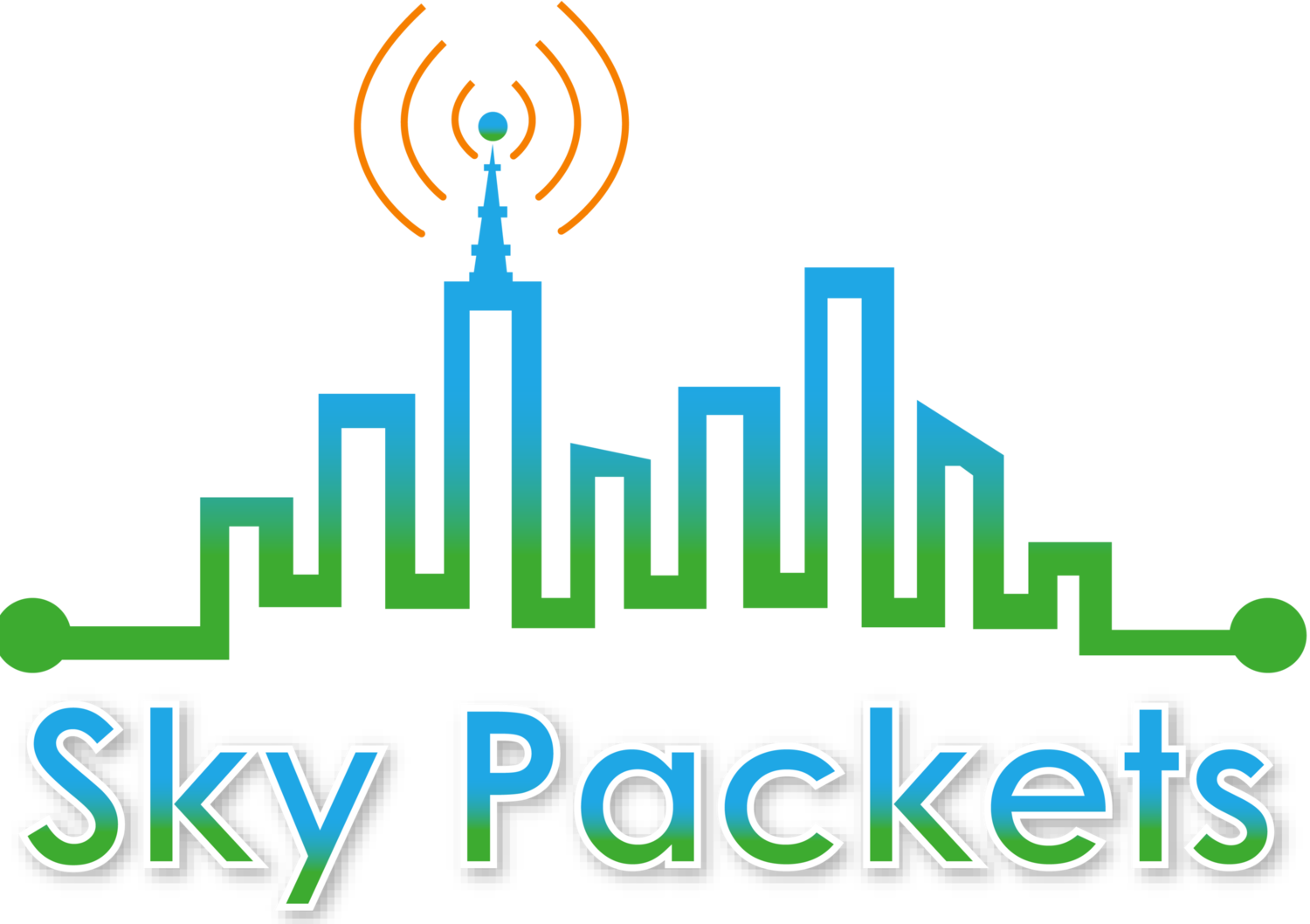
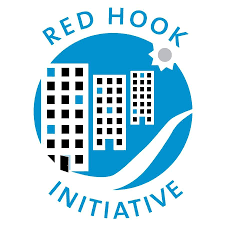
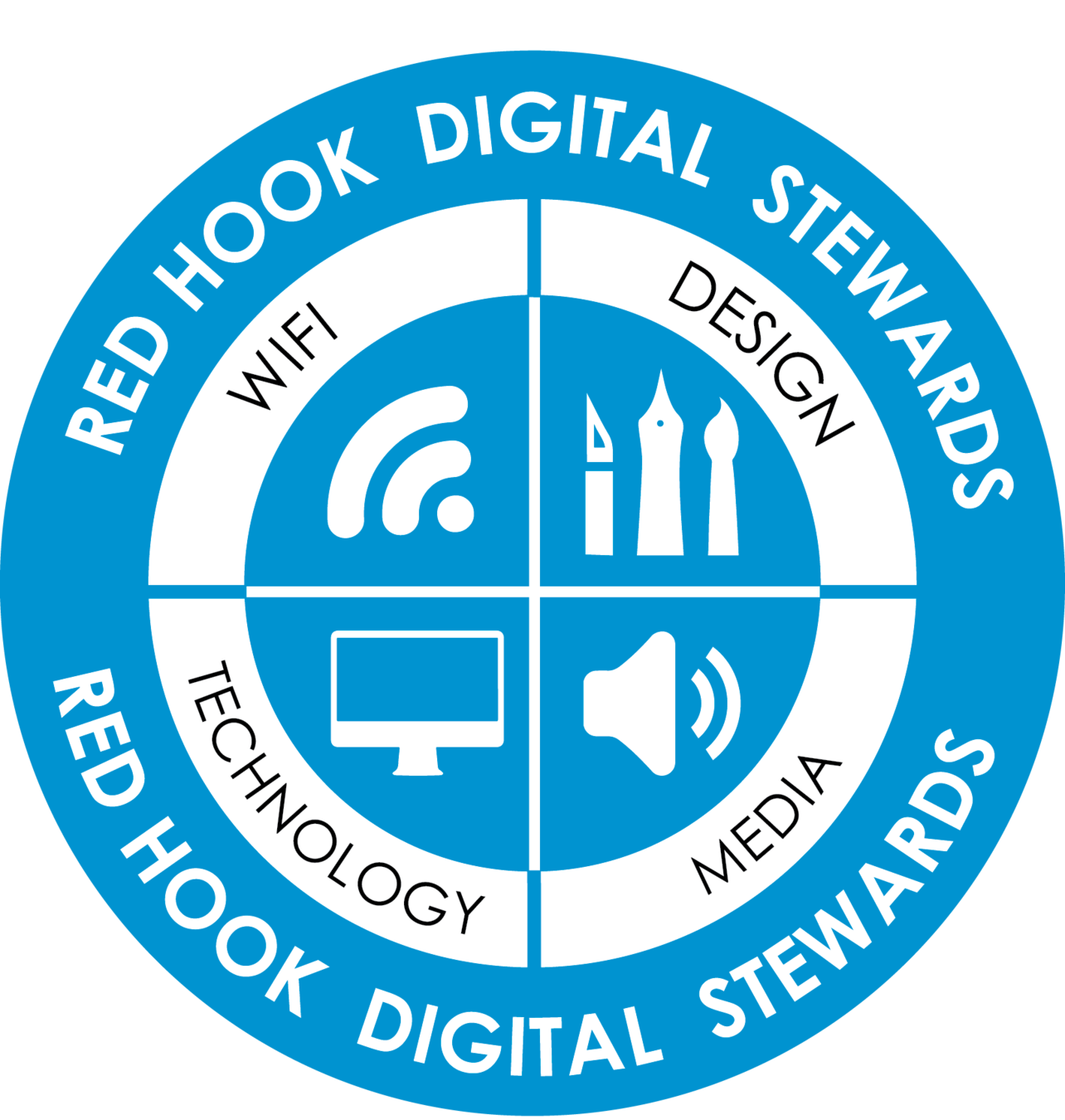




Red Hook, New York City

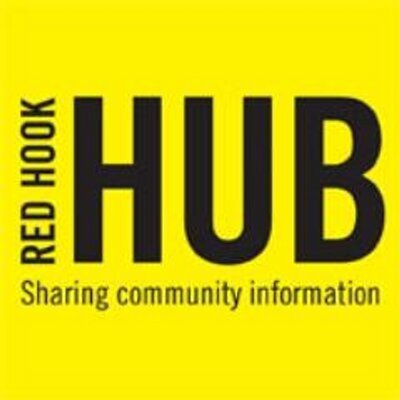
Copy of ECCF Presentation ARPA & Digital Equity
By jeichen
Copy of ECCF Presentation ARPA & Digital Equity
Presentation stakeholders at ECCF convening - 9.15.21
- 1,274



